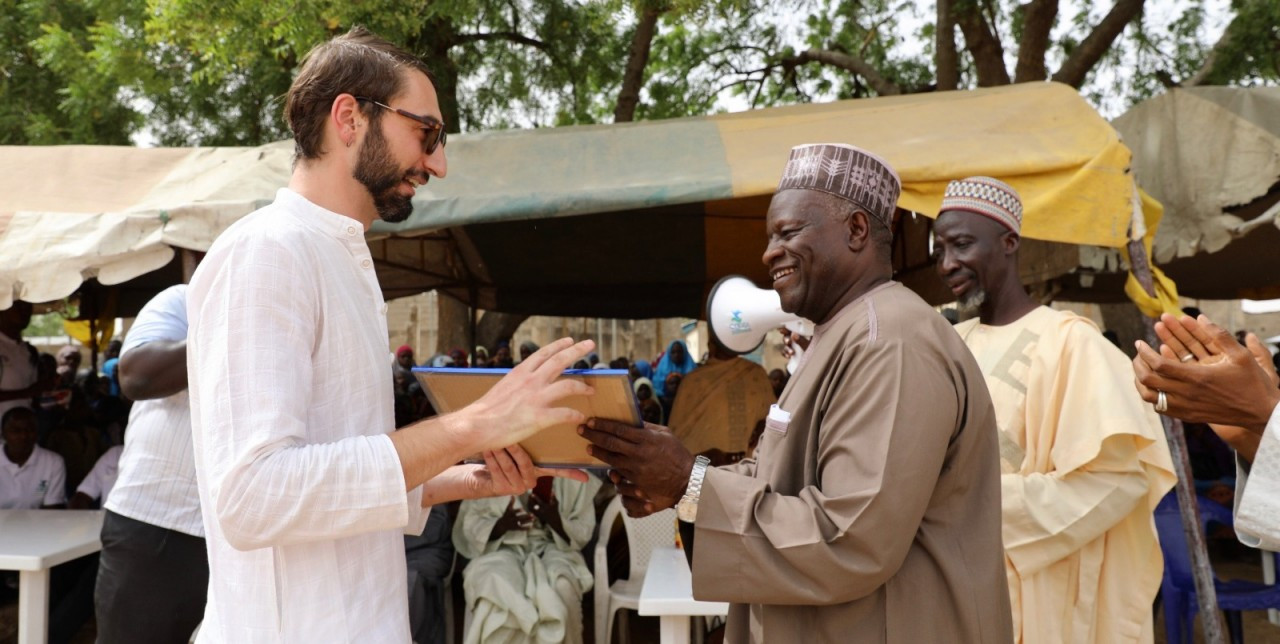28-02-2018 | di COOPI
Nigeria: school committees, a bridge between school and communities
The “Intervention to extend the access to quality education (formal and non-formal) and psychosocial support for school-age minors in the hosting villages and the displaced communities in Maiduguri urban area (Nigeria)” , financed by AICS (the Italian Agency for Cooperation and Development) has introduced the creation of school committees in each of the four schools located in the Bolori 2 area chosen for the project.
Each committee (School-Based Management Committee or SBMC) was created in October and is composed of a number of members ranging between 11 and 17 (in primary and secondary schools), for a total of 93 members supported by COOPI, plus an additional 9 teachers. In accordance to governmental guidelines, these committees are composed of local school authorities alongside parents, teachers, students and civil society representatives. During the last months, school committees worked alongside COOPI staff to prepare classes for education (both formal and non formal). Furthermore, they contributed with educators and social workers to identify vulnerable minors, non-schooled ones and those who prematurely dropped out of education. They also managed classes and hygiene-sanitation services, besides helping in planning and carrying out recreational and awareness activities at community level, such as those with parents, group sessions and community events.
In December the committees took part in weekly meetings to evaluate hygiene-related improvements achieved in the buildings as well as the coordination and management of recreational and school kits distributed for non-formal education. In October and November, 3 meetings were organized to explain the work of SMBCs in relation to project goals, particularly for what concerns the protection of minors and the inclusion of vulnerable individuals. In the first days of February, moreover, the whole 102 members were trained on the management of schooling facilities as well as on extra-school events, hygiene and safety in schools and even on the evalutation of yearly school goals.
It’s fairly evident so far that school committees act as “bridges” between each school and the related community. Their work helps increasing the interest and the protection exerted by parents and local authori ties on students, their education and their safety. The adoption of several extra-class activities, such as the school vegetable gardens, allows to create means not only for livelihood but for profit as well, benefiting the economy of the school.
This feature is strongly sought after by COOPI in each of its projects related to education in emergency, as an active and conscious participation of school community members makes it possible to carry out educational activities even after the end of our work on the field, and also makes parents more interested in their children’s education.




 Nigeria
Nigeria